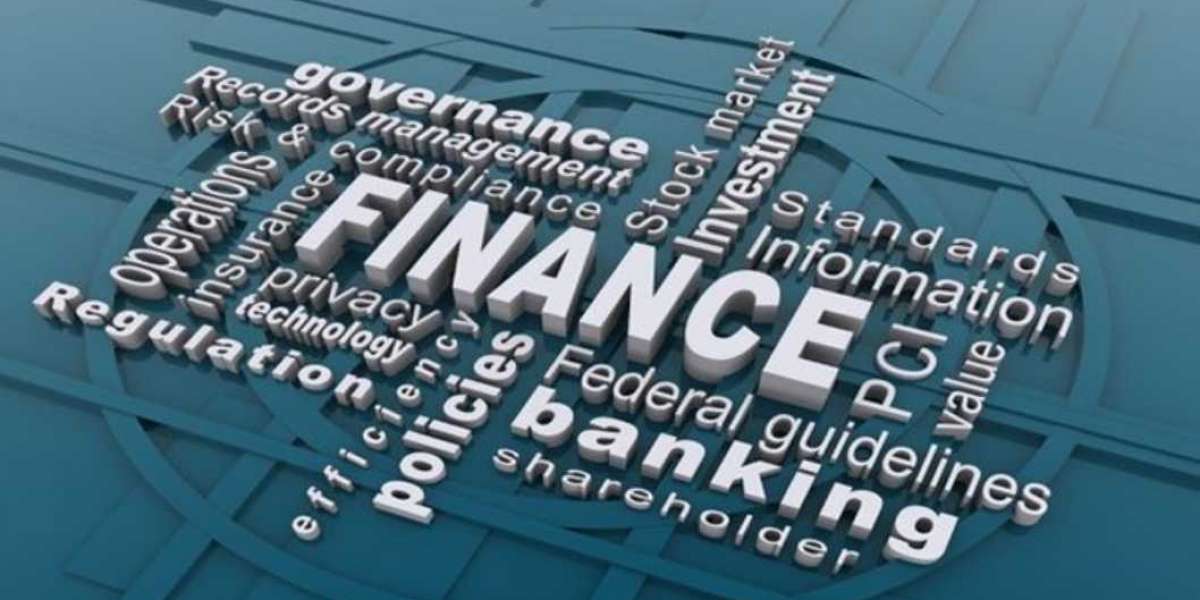Financial decision-making is an integral part of the business world. It is a process that requires professionals to make decisions about investments, lending, and risk management. Financial professionals are trusted to make these decisions in the best interests of their clients or organizations. However, financial decision-making is not just about making profits. It also involves ethical considerations that can have far-reaching consequences for society.
The financial sector is no stranger to ethical dilemmas. In recent years, there have been several high-profile cases of financial misconduct, including fraud, insider trading, and money laundering. These scandals have had a significant impact on public trust in financial institutions, and have highlighted the importance of ethical decision-making in the financial sector.
One of the key ethical dilemmas faced by financial professionals is the conflict between their duty to their clients or organizations and their personal interests. For example, an investment advisor may be tempted to recommend a certain investment to their client because it will generate a higher commission for themselves, even if it is not in the best interests of the client. Similarly, a banker may be tempted to approve a loan to a risky borrower because it will increase their bank's profits, even if it is not in the best interests of the bank or its customers.
Another ethical dilemma faced by financial professionals is the tension between short-term and long-term interests. Financial professionals may be incentivized to focus on short-term gains, even if it comes at the expense of long-term stability and sustainability. For example, a company may prioritize maximizing shareholder value in the short-term by cutting costs and increasing profits, even if it means laying off employees or harming the environment.
The importance of ethical decision-making in the financial sector cannot be overstated. Financial professionals have a responsibility to act with integrity, honesty, and transparency. This not only helps to build trust with clients and stakeholders but also ensures the long-term success and sustainability of the financial sector.
There are several steps that financial professionals can take to ensure ethical decision-making. First and foremost, they should prioritize their clients' or organizations' best interests over their own personal interests. This means disclosing any potential conflicts of interest and ensuring that all recommendations are made with the client or organization's goals in mind.
Financial professionals should also be transparent about the risks and benefits of any investment or lending decision. This includes disclosing any potential conflicts of interest, as well as the risks and potential drawbacks of any investment or lending opportunity.
In addition, financial professionals should prioritize long-term stability and sustainability over short-term gains. This means considering the social and environmental impacts of any financial decision and taking steps to minimize negative impacts. Financial professionals should also consider the long-term impact of any investment or lending decision on their clients or organizations, and not just focus on short-term gains.
Finally, financial professionals should always act with honesty and integrity. This means avoiding any form of fraud, deception, or dishonesty, and being transparent about any mistakes or errors.
In conclusion, the financial sector plays a critical role in the global economy, and financial decision-making has far-reaching consequences for society. Financial professionals have a responsibility to act with integrity, honesty, and transparency, and to prioritize their clients' or organizations' best interests over their own personal interests. Ethical decision-making is essential for building trust with clients and stakeholders, and for ensuring the long-term success and sustainability of the financial sector. By taking these steps, financial professionals can help to ensure that the financial sector serves the greater good and contributes to a more just and equitable society.





